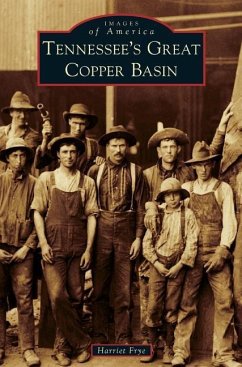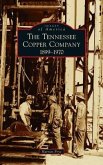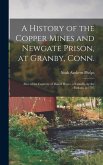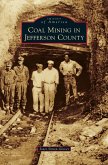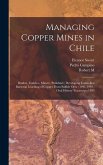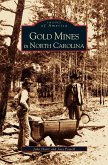In 1843, the discovery of copper in Tennessee's far southeastern corner sparked a transformation in the isolated area known to geologists as the Ducktown Basin. By 1854, the first shafts had been sunk, and 28 mining companies had been incorporated for the purpose of exploring the possible wealth of the Ducktown district. For generations to come, the families of mine captains from Cornwall, executives and engineers from the industrial North, emigrants from Europe and the Middle East, miners drawn by the promise of jobs, and farmers who had bought land for pennies an acre in the 1830s would sit side by side in the same small churches and send their children to the same small schools. In the process, they would create a kind of culture that few small Southern communities had ever seen. This book, illustrated with photographs gathered from the scrapbooks and attics of their descendants, tells their story.
Hinweis: Dieser Artikel kann nur an eine deutsche Lieferadresse ausgeliefert werden.
Hinweis: Dieser Artikel kann nur an eine deutsche Lieferadresse ausgeliefert werden.

